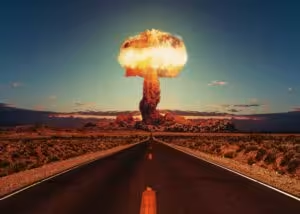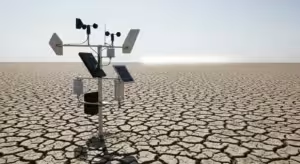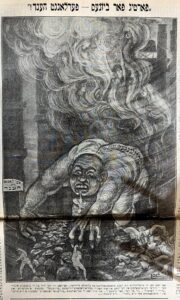Black gold has proved both a boon and a curse to the West African republic of Nigeria. The world’s eighth most populous country is a major oil producer, has membership of OPEC (Organization of the Petroleum Exporting Countries) and possesses huge proven reserves. However, constant agitation by the population of the oil-producing Niger Delta – concerned by pollution and central indifference to their needs – has meant that the government’s main source of income is constantly being disrupted by protest action.
Nor has this lucrative revenue stream transformed the lives of the country’s people, with many living in grinding poverty and shanty towns. To the inhabitants of Abule Egba in Lagos State, the overhead pipeline that carried petroleum products was a constant reminder of the valuable national resource that had somehow failed to transform their lives. Some resented it, and some decided to do something about it.
In 2006, around midnight on Christmas Day, thieves set out to give themselves a late present. They punctured the pipe and proceeded to help themselves to a large quantity of fuel before going on their way, possibly driving a full tanker, leaving behind a leaking pipeline. It may have been the small hours, but word spread quickly and soon hundreds of residents with assorted containers were trying to collect their share, amid pools of spilled fuel that formed beneath the breach.
At dawn, these were ignited and the pipeline exploded, causing a catastrophic fire. Numerous houses were destroyed, along with a church and mosque, and hundreds of people died. When the Nigerian Red Cross arrived to help, they were confronted with a scene of carnage. Charred corpses were scattered everywhere, though the team was able to find and help 65 seriously burned residents who survived the inferno.
When: December 26 2006
Where: Abule Egba, Lagos, Nigeria
Death toll: The number of casualties has never been officially established. After the event, an experienced Reuter’s news photographer did an approximate body count and came up with a figure of 500.
You should know: Abule Egba wasn’t the first pipeline disaster in Nigeria during 2006. Back in May a pressurized pipe at Atlas Creek Island was drilled by petrol thieves, the resultant explosion incinerating everyone within a 25 m (85 ft) radius and killing at least 150 people, many of whom were interred in a mass grave.






















